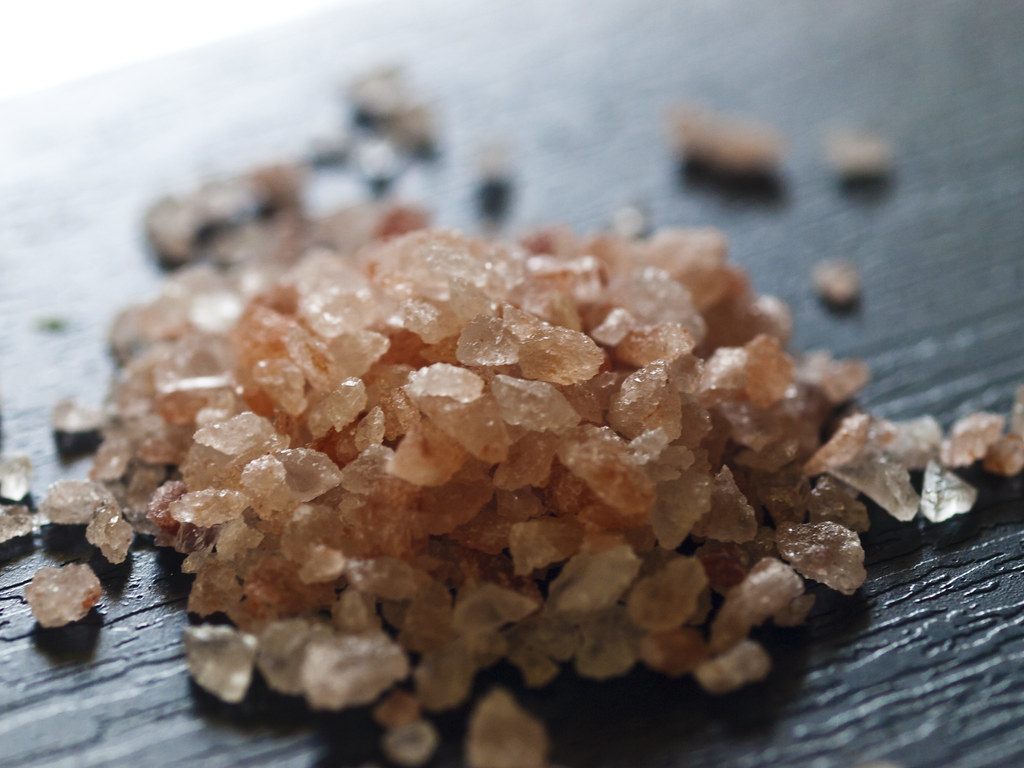The purity and pollution levels of edible salts can vary depending on their source and production methods. Generally, salts that are less processed and come from relatively clean and unpolluted environments are considered to be less likely to be contaminated. Here are some edible salts that are often considered to be less polluted:

- Himalayan Pink Salt: Mined from deep underground deposits in the Himalayan mountains, this salt is often considered to be less polluted because it is protected from modern environmental contaminants. However, it’s important to choose a reputable source to ensure its purity.
- Sea Salt from Pristine Waters: Sea salt harvested from remote and unpolluted oceanic areas is less likely to be polluted. Some artisanal sea salts are sourced from such areas, such as the Mediterranean Sea or the coast of Brittany in France.
- Celtic Sea Salt: Celtic sea salt is often harvested using traditional methods in protected coastal regions of France. Its minimal processing and careful harvesting can contribute to its purity.
- Guérande Salt: Guérande salt is a type of Celtic sea salt harvested in the Guérande region of France. The salt ponds there are carefully maintained, and pollution is minimized, making it a relatively pure choice.
- Flower of Salt (Fleur de Sel): Fleur de sel is hand-harvested from the surface of salt ponds, which are typically well-maintained to ensure purity. It is considered a premium, pure salt.
- Hawaiian Red Alaea Salt: This salt is traditionally harvested in Hawaii and is often sourced from uncontaminated volcanic clay deposits, contributing to its purity.
When choosing a salt for culinary use, it’s essential to read labels and select reputable brands to ensure that the salt has been properly processed and sourced from clean environments. Additionally, considering organic or certified pure salt options can also be a good way to minimize the risk of pollution and contaminants in your edible salt.
Please note: that the issue of sea salt potentially being affected by the release of radioactive water in Japan is complex, and staying informed about the latest developments is essential. This decision has raised concerns and sparked discussions worldwide regarding its potential impact on the environment.
